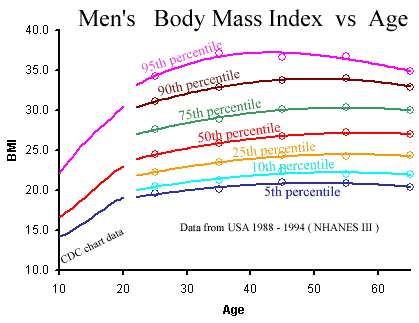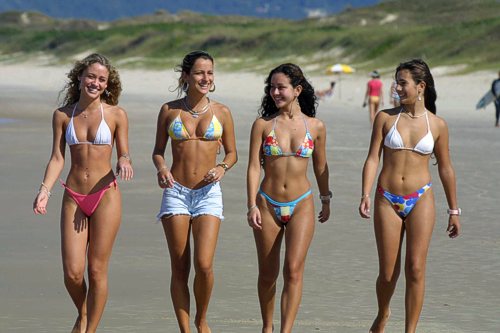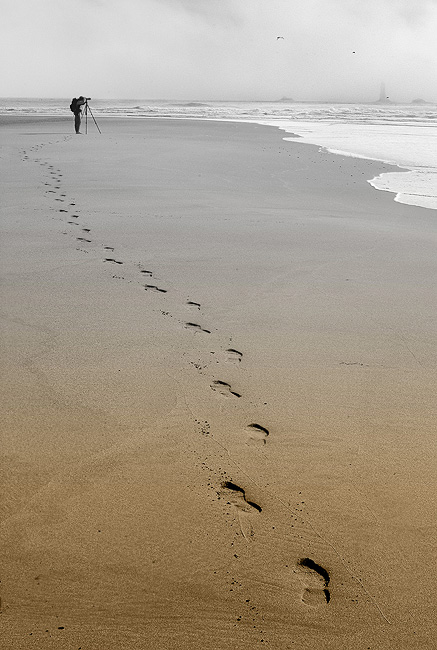I am currently 5' 10" 171 pounds. This is in the high BMI range but I feel like I am in the best shape ever and less susceptible to injury.
A researcher has reworked BMI data to revealed "normal" BMI by age class. See his website here Body mass index charts of Men
You did not share your age class but if 60-69 your height and weight puts you in the 27 percentile (73% in the 60-69 age band are heavier than you--pdg in my book. ;-)
The above website also includes a link for the ladies to see their BMI by age class.
Nwsteve







